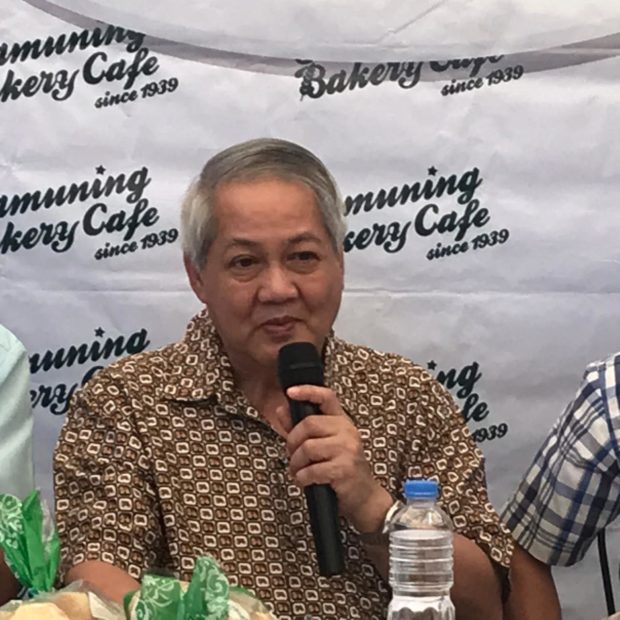Political analyst slams appointment of 28 House deputy speakers

Political Analyst Ramon Casiple addresses the meida during the Pandesal Forum in this file photo taken on February 19, 2019. INQUIRER.net file photo / Noy Morcoso
MANILA, Philippines — The appointment of 28 House deputy speakers, believed to be the highest in the history of the chamber, will only result in additional government expenses next year, political analyst Ramon Casiple said.
Last Monday, nine more allies of House Speaker Lord Allan Velasco were elected as deputy speakers. This latest shakeup increases the total number of deputy speakers to 28.
Since replacing Taguig Rep. Alam Peter Cayetano, Velasco has been creating changes in the roster of House deputy speakers. The shuffle caused the removal of Cayetano’s allies.
Casiple described the appointment as “a very partisan move” as he believes that the move was just a form of “political accommodation” for Velasco’s allies who played a role in his speakership.
“The appointment of numerous deputy speakers will not serve their respective constituents but will only bleed the public’s coffers for their bloated allowances,” he said in a statement on Wednesday.
Article continues after this advertisementDeputy speakers enjoy several perks such as an additional annual budget for their offices and voting powers.
Article continues after this advertisementProfessor Jean Franco of the University of the Philippines Political Science Department also explained that aside from the regular office budget, an additional budget is required to hire staff for the deputy speakers’ offices.
“Besides the regular office budget for a Congressman, the deputy speaker also enjoys a separate budget with at least 6 staff and travel perks and allowances,” said Franco.
A 2017 report of the Commission on Audit showed that the government has spent P4.89 billion for the expenses of 14 deputy speakers. This is expected to double following the appointment of additional lawmakers.